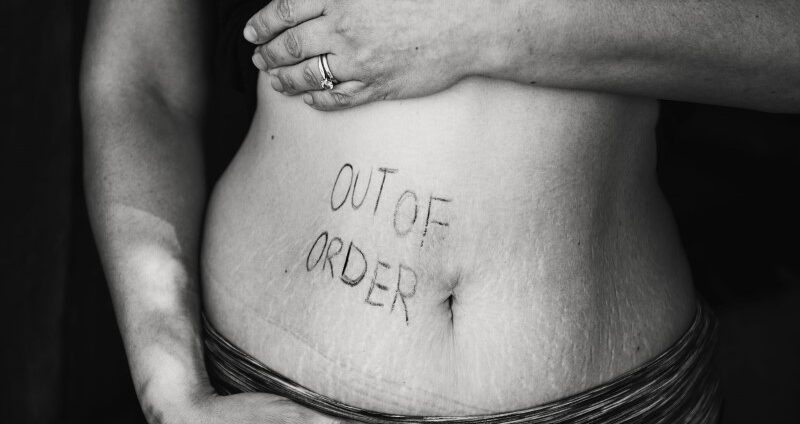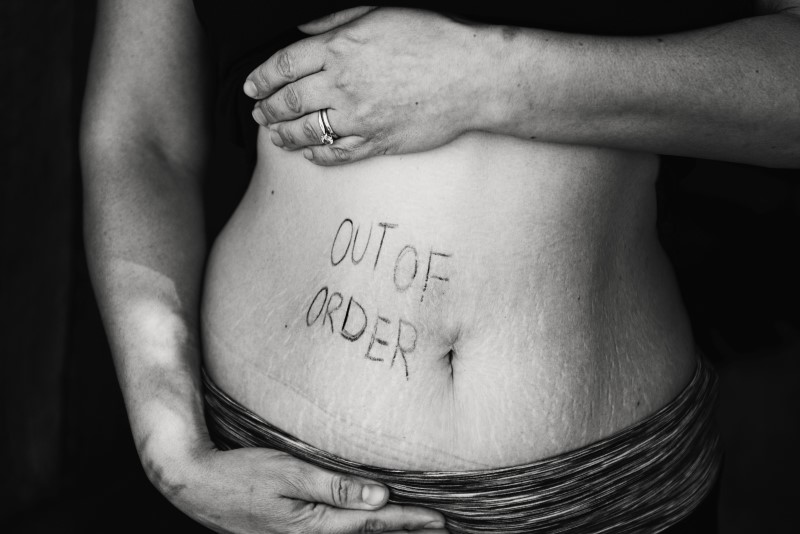FODMAP

Considering the Low FODMAP diet? – 10 key points to consider beforehand
The term FODMAPs stands for Fermentable Oligo Disaccharides, Monosaccharides and Polyols. FODMAPs are a group of carbohydrates found within foods such as certain fruits, vegetables, pulses, milk and wheat. Incompletely digested or absorbed, they serve as a source of food for our gut bacteria, resulting in fermentation, leading to a build-up of gas/wind or an increase in fluid making stools looser or fluid. An individual with a more sensitive gut that doesn’t tolerate FODMAPs may experience IBS symptoms such as bloating, abdominal pain, excess flatulence and/or diarrhoea.
These are our top ten things to consider before embarking on a Low FODMAP diet: –
- Must be diagnosed with IBS
The Low FODMAP diet is not a fad diet. There is good evidence that these fermentable carbohydrates can be very helpful in alleviating symptoms. However, it is important that you discuss your symptoms with your GP before embarking on the diet as other conditions can present with a similar set of symptoms and further testing may be required.

- Educate yourself
Do your own research – before you endeavour on such a dramatic change of diet it is essential to know what you’re getting yourself into. We have a informative and helpful blog on this subject, and a link to the British Dietetic Association fact sheet on IBS. There are also many other useful websites, podcasts and phone apps including the King’s college Low FODMAP app The Food Maestro app and the set of Gut Loving podcasts. But please be careful as there is a lot of bogus and very importantly ‘out of date’ information out there so please try to stick to the resources recommended above or on the NHS website.
- Book in with a dietitian
Dietitians are the specialists, they will have in depth knowledge about the Low FODMAP diet. There is a lot of great news in the press about the Low FODMAP diet reducing pain for IBS sufferers, however, it is not for everyone and you should try what is generally termed ‘first line’ therapy before embarking on this diet. A registered dietitian can help you review all aspects of your diet and lifestyle first. For example, are you having too much caffeine or alcohol? Are you eating regularly and chewing your food enough? Have you tried reducing your wheat intake and your dairy intake for a fortnight each to see if things improve? Also, recently it has been shown that doing yoga twice a week can have the same positive effect on IBS symptoms as the Low FODMAP diet. So addressing stress levels and activity are all equally important.
- Time
The Low FODMAP is no quick and easy fix. After the initial elimination stage of five – eight weeks there is a phased reintroduction phase. This can take a long time as the patient works out what food group gives them symptoms and what doesn’t. So if it’s the lead up to Christmas, Ramadan or Diwali for example, it may well not be the time to embark on the diet.

- Lifestyle
If you are someone that is very social and likes to go out to eat a lot, then the diet may not be feasible for you. It is one thing saying that your gluten free when a restaurant asks you if you have any special dietary requests, but I don’t think you’re going to get as much consideration for the Low FODMAP diet. So, eating out can become challenging along with any big celebrations like a wedding or summer holiday. Timing is key to successfully following the diet!
- The diet
Usually the foods that need to be eliminated are most people’s staple foods, like dairy and wheat-based foods. So, you must make sure that you are aware of what they are and ask yourself if you can you live with out them. Similarly, some of the ingredients that are allowed can be strange and unusual to some people. It is for these reasons that it is recommended that you meet up with a Specialist Dietitian who has undergone post-graduate training in this subject to discuss it first.
- Gut health
Gut health and a diverse microbiome is very important for people with IBS. One of the problems with the Low FODMAP diet is that it cuts out a lot of the fibre that feeds and maintains balance within your microbiome. Again ask your dietitian for tips on how to maintain your fibre levels during the dietary exclusion phase.
- Planning is key
You will find the diet very hard to complete if you do not give yourself enough time to plan and cook your meals. You may have to make all your own lunches as most foods accessed on the go food will contain at least one ingredient high in FODMAPs. Learn about the Low FODMAP foods and find some recipes that you can manage and fit in to your routine. The Food Maestro app has some excellent recipes on the site.
- Try not to change everything at once
Please do not stop taking any antispasmodic drugs at the same time as the diet. The same goes for any supplements such as Probiotics that you may have found help your symptoms. Low FODMAP diet is not a cure for IBS and should be used in conjunction with other treatments recommended by your GP or Gastroenterologist!!!
- Be realistic
There is a lot of robust evidence now that the Low FODMAP can benefit an IBS sufferer however everyone is individual and what works for one person may not work for the other. If after discussion with your dietitian, you decide to give it a go please don’t put all your faith towards it as it may not work.
This blog was written by a student dietitian Frankie Ebdon and edited by Sian Shepherd (Specialist Gastroenterology Dietitian) and Dr Andrew Millar (Consultant Gastroenterologist & Hepatologist).
For more information about the Low FODMAP diet and whether it’s suitable for you please make an appointment with Andrew who will comprehensively evaluate your digestive symptoms and Sian who is an experienced FODMAP trained practitioner.
Tags: Dietetic Consultation, Digestive Health, FODMAPs, Gut Health, IBS, Irritable Bowel Syndrome, Low FODMAP
0 Comment
Leave a Reply